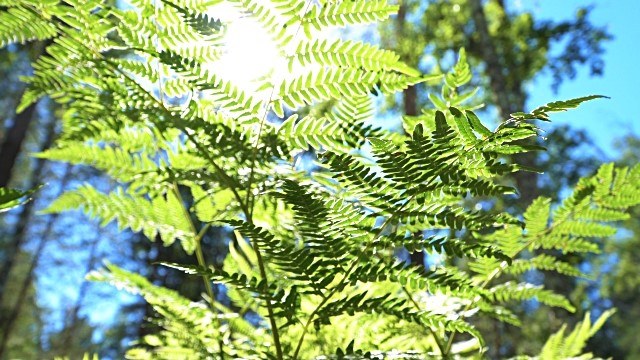Solar fuels combat the intermittency problems of common renewable energies. If plants and bacteria can produce fuel from sunlight and water, can we?
The future of human civilisation depends upon the development of renewable energy sources to counteract the pervasive consumption of fossil fuels. The production of sustainable electricity has been realised by mass manufacture of technology such as solar panels and wind turbines. However, these energy sources are limited by the very reason that they are sustainable: they are driven by natural processes. Therefore energy production increases with the rising sun or a strong breeze, not when the heating turns on in the winter or the Premiership Final.
Whilst technology is being adapted to account for this intermittency, the majority of modern infrastructure remains reliant on deriving energy from storable fuels. Therefore if natural energy could be harnessed to produce storable fuels, as opposed to electricity, current infrastructure could be transferred to renewable energy sources.
The conversion of biomass, from crops and other biological materials, to biofuels is one possible answer. However many question the diversion of crops from food supply to energy production. Another way would be to use sunlight to drive the conversion of abundant resources into fuels such as splitting water into hydrogen and oxygen. These ‘solar fuels’ could then be stored and used when required, for example in hydrogen fuel cells. The problem is, splitting water is very difficult to achieve.
Amazingly, plants and some bacteria have evolved over millions of years the ability to do just this; by harvesting the energy of the sun in a process called photosynthesis. By studying and incorporating these highly complex and efficient natural components we can learn and develop new ways of harnessing sunlight to produce storable solar fuels.
Perhaps the success of our future requires us to turn away from modern technology and derive inspiration from the sunlit leaf.
NanoDTC Associate, c2017

